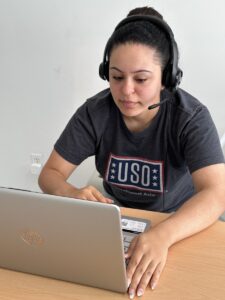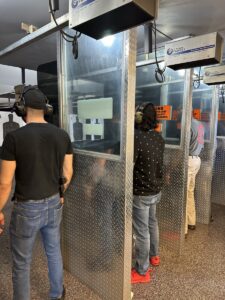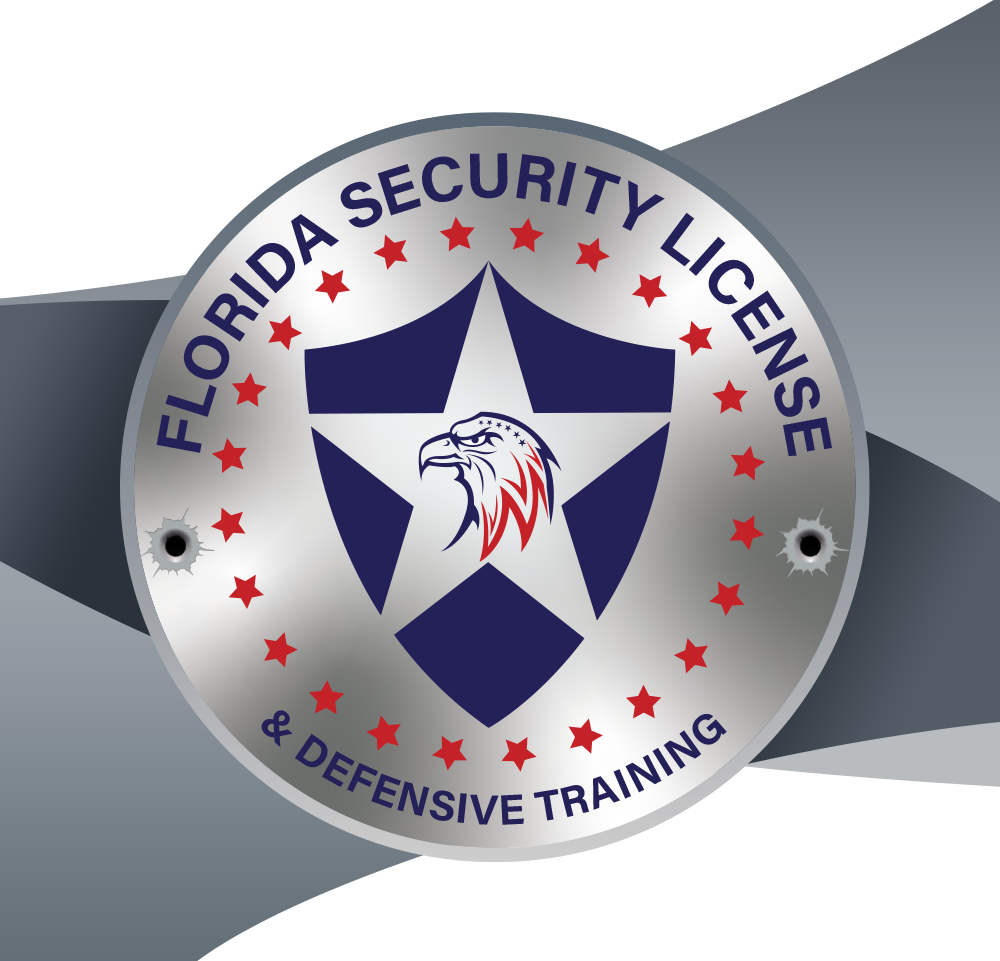Telling is Not Training
Classroom, online instruction and video conferencing can teach Florida security officers a lot of concepts and educate them on law and policy, but they are no substitute for physical training.
Recently, Dave was talking to a friend about his in-service training and how it was becoming more and more computer based. The great thing about computer-based instruction is it can be done at any time from any place. On many occasions, it is done as a proctored course like the Florida security D license and G license course. The bad thing is that it’s not what I would call training; it’s education.
Certainly, educating security officers is a critical task, especially where concepts, context, knowledge, and perspective are concerned. But training requires doing. The class talk in security is a key to teaching the officers the overview of an officers’ role, but the training of officers can only commence when they are actually physically executing the role on the field.
Why do we use it?

The simple truth is training is distinctly different than instruction and education. You are trained to shoot at the range by shooting and learning to move effectively and safely when firing. You get educated on the legality, ramifications, and moral foundations in a classroom. Training is best understood by the maxim: “If I do it, I learn it. And if I do it a lot, I learn it well.” The old adage is ‘practice makes perfect or close to it’, is actually a reality.
I first heard that saying decades ago from the legendary fire service trainer Brian Crandall E.D. when he explained the importance of training “in context;” one of the core principals in preparing firefighters for their work. Going to fight a fire in smoke? Train in smoke. Fighting fires in heavy turnout gear? Train in the gear. Working with a mask on? Train with one on. Fire training is a life and death affair for the fire service, and it should be for law enforcement as well as, for security officers. Ask any great trainer how to prepare for an active shooter situation and they will ask you where, when, how, and what does good performance versus bad look like so we can measure our learner’s progress. Then they will tell you to get out actually and do it, do it, and do it again.
Some types of learning applications for Security Officers
Always remember that training is a long-term modification of behavior, preparing the trainee to reproduce the skill automatically, exactly as taught. Too often our folks walk out of a defensive tactics class, for instance, with only the recognition that the instructor was one tough dude, but nothing was transferred to them except a bruise or two. I have walked off the mats many times thinking I had just attended a demonstration of butt kicking without improving my skill of avoiding such a butt kicking.
It would seem that the intrinsic motivation of crime fighters to prevent a beating would make training them in how to quickly overcome an assailant an easy task; but, too often, the ones assigned to do the training are not the right people for the job. One of the key principles of instructor development is that the focus of training, instruction and education is the learner, not the teacher. Many times, we think a top performer is going to always be a great teacher but that is not the case. The fact is that high-level performers often don’t even remember being a novice and are unable to empathize with those learning the very basics of a skill.
In their outstanding book “Telling Ain’t Training,” Harold D. Stolovitch and Erica J. Keeps describe how, often, parents try to teach their kids how to drive with terrible results. Understanding the issues of skill acquisition by a naïve learner is very important and great trainers have a knack for making even the most difficult student into an excellent performer. Anyone can train a “natural,” but only a good trainer is going to have the skills and patience to bring a remedial performer up to par and, in our profession, par is an essential level for survival’s sake.
Where can I get some?

For these reasons, our instructor at Florida Security Licensing & Firearms Defensive Training and at Florida Security License & Defensive Training motto is as simple as “train before you need to act, to be prepared if you need to act”. Carlos Fojo is an experienced instructor with over 35 years in law enforcement. He believes in education followed by action. The lack of action is the number one reason why officers fail at their assigned tasks.
Finally, PowerPoint training and Zoom are often used to transfer knowledge, but to say you gave your people a Zoom Class on active shooter tactics is like saying you taught your folks to ride a bike by PowerPoint. That just doesn’t cut it! Train like a firefighter, in the context the skill will be needed. Get in your schools, and factories, and malls, and practice, practice, practice. We love how an action hero can grab a spatula and defeat a villain wielding a knife, but that move is rehearsed by actor and stuntman over and over again until it looks smooth.
That is exactly how we want law enforcement and security officer heroes to respond: smooth and fast, safe and effective. Training is indispensable in this high-liability world and the greatest way to compensate for the increased risks and pressures on our people is to prepare mentally and physically for the challenges that you may face.
Training must become a priority. So, demand high standards from your trainers, and remember that great trainers are lifelong students. Good trainers, keep learning, growing, and developing their own skills and abilities.
Dave Smith is an internationally recognized law enforcement trainer and is the creator of “JD Buck Savage.”


